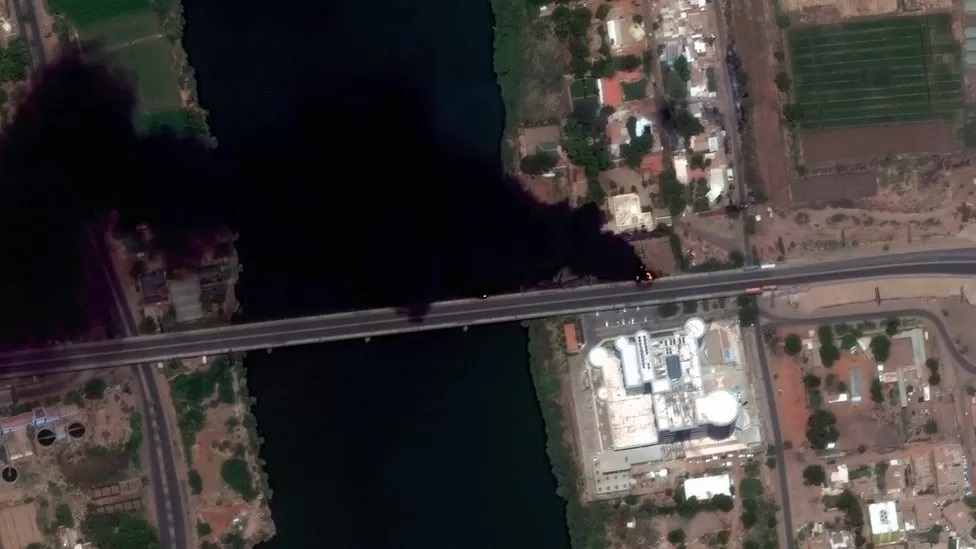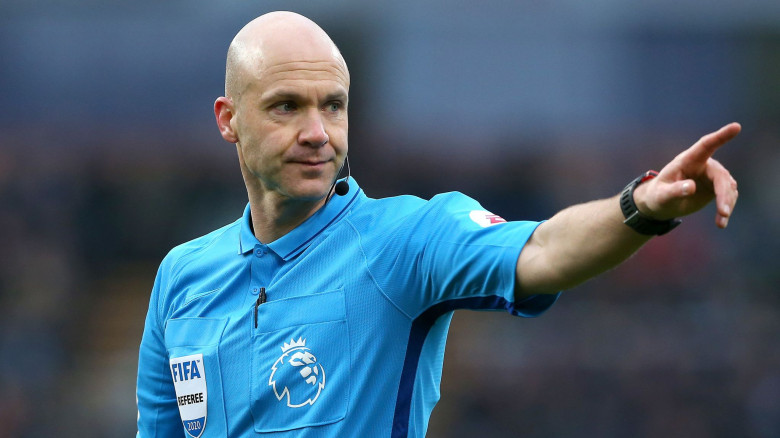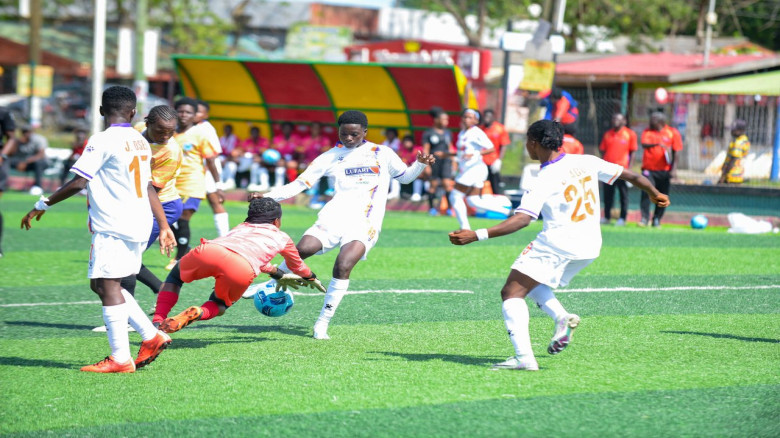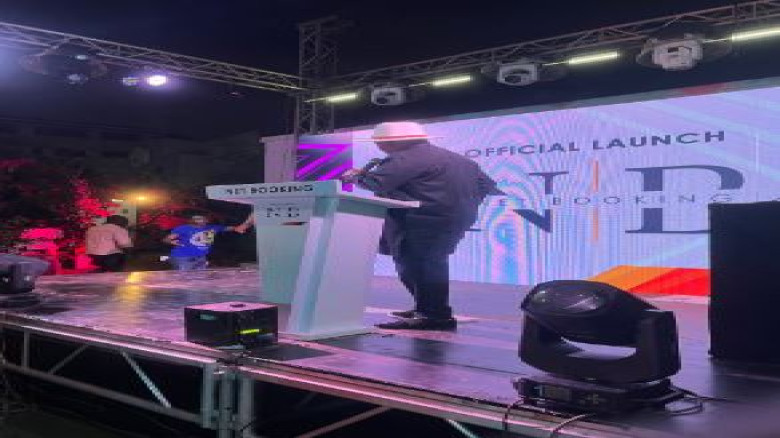Sudan crisis: ‘I thought we’d die’ – hospital patients cry for help
Patients in Sudan are trapped in hospitals without electricity and water, the BBC has been told, while others needing medical care are being evacuated, as fighting continues for a third day.
“I thought we were going to die on the street,” exclaims Faheem after being evacuated from a hospital with his 14-year-old daughter, Amal.
“Amal had to undergo a critical operation for a tumour in her head, following complications from previous surgeries. But we had to keep moving rooms because of the shelling. We eventually reached the ground floor. But then we were told to leave and search for a safe area.”
Almost 100 people have died since the violence broke out on Saturday.
It follows a rift between two men, vying for control: the head of the army and in effect the country’s president and his deputy, the leader of the formidable paramilitary group the Rapid Support Forces (RSF).
“I carried Amal as buildings around us were being bombarded. She was feeling very unwell and was being sick,” Faheem explains.
The father and daughter managed to safely flee the area. Faheem told the BBC that she is doing well and they hope to return to see a doctor in a couple of weeks for a follow up visit, if possible.
While some people are being evacuated, others have been trapped in hospitals around the country for days on end.

Workers and volunteers have told the BBC they have endured days living under “immense psychological strain due to shortages of food and drink”, as well as dealing with the fear of the ongoing indiscriminate shelling in the surrounding areas.
“We heard the sounds of bombardments and gunshots,” Ashraf, who is accompanying his injured relative to a Sudanese hospital tells the BBC.
“The hospital is facing a critical issue, with no water and electricity, which puts the patients’ lives at risk,” Ashraf warns.
A doctor we spoke to, who has been stuck at the same hospital for three days, confirmed the worsening conditions.
“The hospital is confronted with a pressing challenge: the disruption of water and electricity supply, which is putting the remaining patients in a precarious position.”
He says even though the hospital has received food aid he is worried about what will happen if the building is hit.
“They are trying to evacuate the hospital at the moment, in coordination with the concerned authorities but there is an absence of a proper evacuation plan, which is causing further concerns, as the hospital is situated in a high-risk area, vulnerable to potential attacks,” he told the BBC.
Many hospitals in close proximity to the army headquarters in Sudan’s capital, Khartoum, have been the hardest hit.
Bombings have resulted in severe damage to some places such as the Al-Shaab Hospital, where an ambulance driver and three others were injured.Four other hospitals were also affected, with some being rendered completely out of service, while one police hospital has been entirely emptied out and reportedly taken over by the RSF.
Across social media, videos verified by the BBC show people evacuating one hospital, as gunshots ring out in the background. At another, a health worker can be seen trying to reassure patients about oxygen supplies running low, as a woman can be heard shouting for assistance in the background.
In another video sent directly to the BBC women can be seen sheltering in the basement of a hospital in darkness, while they prepare the evening meal to break the fast.
The Sudan doctors’ union issued an urgent statement calling for the protection of health facilities as well as allowing safe passage for ambulances.
It described bombings as a clear violation of international humanitarian law and called on the international community to help.











Leave A Comment